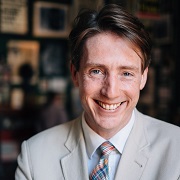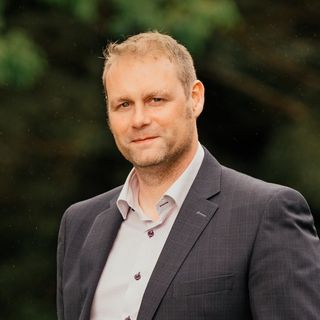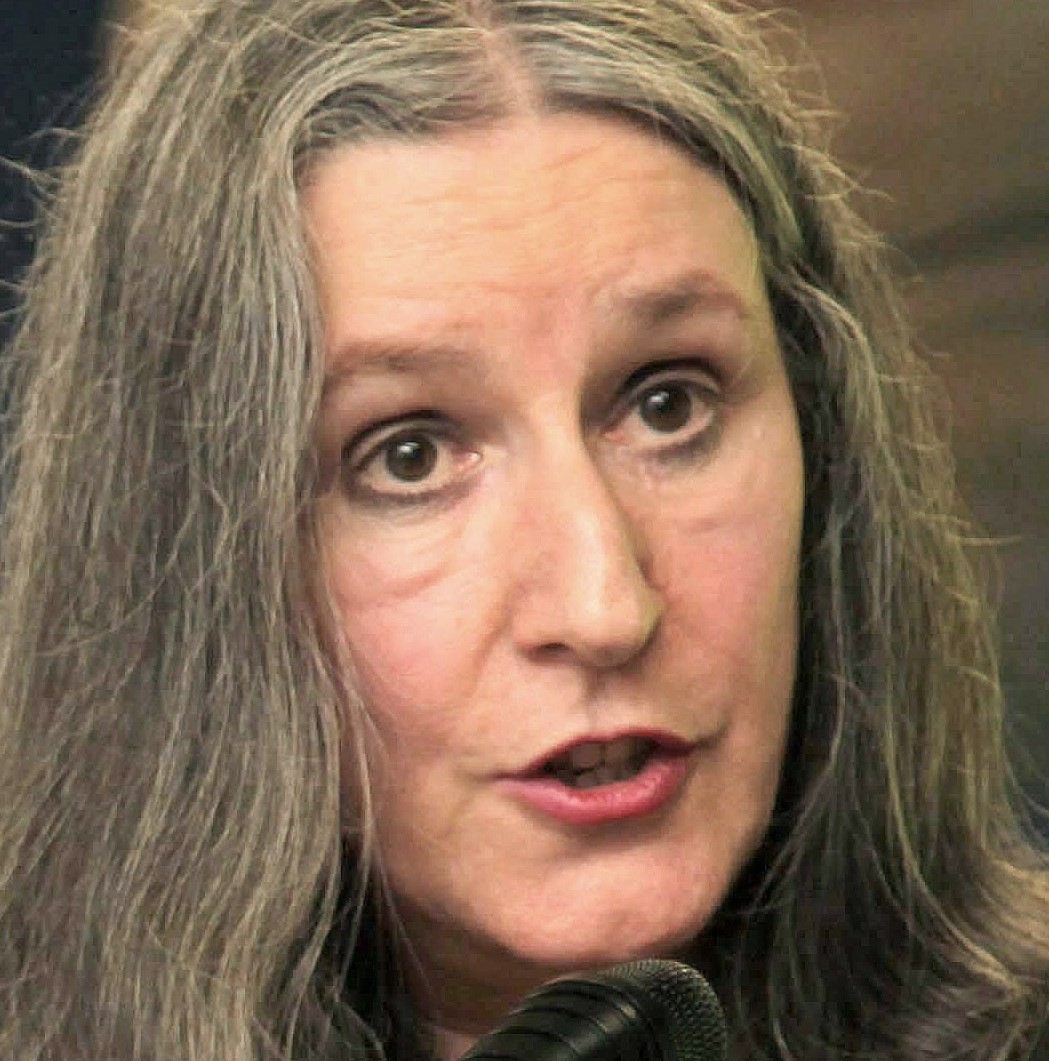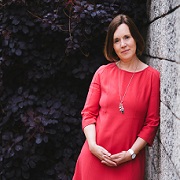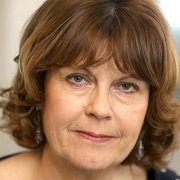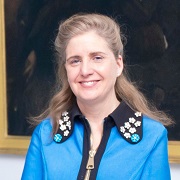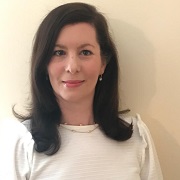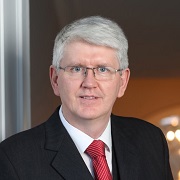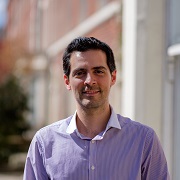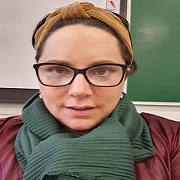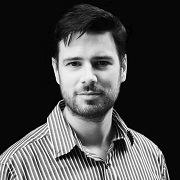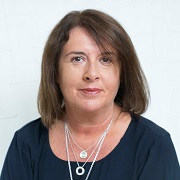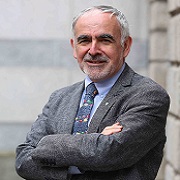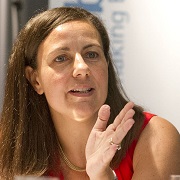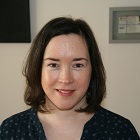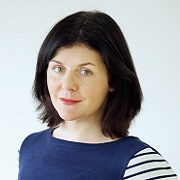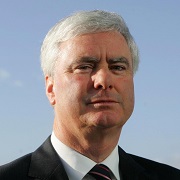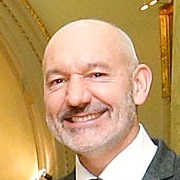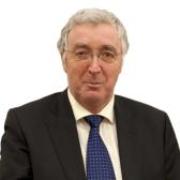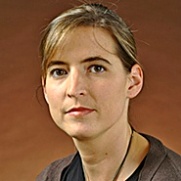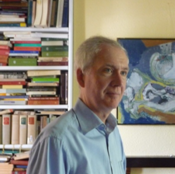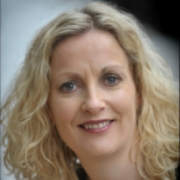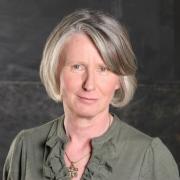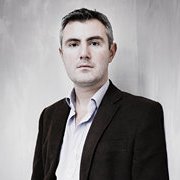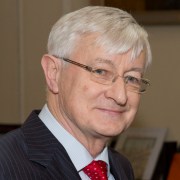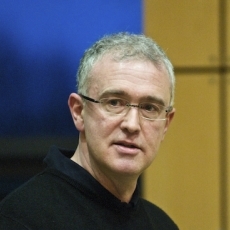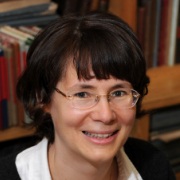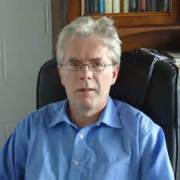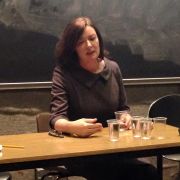What do the humanities mean to me? It’s a good question, and I will try to answer it, but first I must tell you a very old joke.
In the nineteenth century, three Jews were talking about where to go after fleeing Tsarist Russia. The first said he was going to the United States where he would find comfort and security. The second said that he was going to Israel to build a homeland for the Jews. The third said he was going to Ireland.
“Ireland?” said the others. “Why Ireland?”
“Because,” he replied, “Ireland is the last country where the devil will look to find a Jew!”
In the 1880s there were, in fact, a few hundred Jews in Dublin when a new wave of immigrants arrived from the Kovno province in Northern Lithuania. In search of a better life, these Litvaks established a community around Clanbrassil Street and Portobello. Eventually the area became known as Little Jerusalem.
In 1902, James Connolly ran for election to Dublin Corporation in the Wood Quay Ward, a constituency that included Portobello. Connolly printed his election literature in Yiddish. By the 1930s, there were 5,000 Jews in the city, and Clanbrassil Street on a Sunday morning was like “nineteenth century Russia,” as Ray Rivlin put it in her history of Jewish Ireland. Forty shops catered to Jews in search of meat and seafood as well as groceries, bread and confectionery.
Some of the shopkeepers were formidable characters. Take Baila Ehrlich for example. A diminutive figure, with large glasses and an ever-present cigarette hanging from her mouth, Ehrlich ran a butcher shop that doubled as a place of refuge for the poor and the downtrodden. “The cigarette smoke added to the taste of her sausages,” says Bertha Cohen, whose family had a butcher on the same street.
Ehrlich’s good works were legendary, but she was suspicious of many things, including charm. If a customer interrupted her gossiping, she might ask: “Who sent for you?”
When the New York Times published a piece about Jewish Dublin, a journalist was sent to interview Baila Ehrlich on Clanbrassil Street. He noted that her shop was near the house that James Joyce chose for the birthplace of Leopold Bloom, the fictional protagonist of Ulysses. “The Blooms?” she said. “Down the street they lived. I never liked them.”
Today, the Fumbally Café is one of my favourite places to have lunch, but matzo ball soup does not feature on the menu. To produce this miniature portrait of a street that is now transformed, I spoke to a few people, searched a newspaper archive on the Internet and read two books. Together, they brought me slightly closer to Dublin, and closer, also, to myself, as my father’s ancestors were among those Jews who arrived in this country after fleeing Tsarist Russia.
So the honest answer to your question is that I have probably never acknowledged the importance of the humanities. But now that you ask, yes, this stuff matters. I am very grateful to those scholars who enrich our understanding of the past, as well as the many artists, writers, translators, philosophers, curators and historians who enable us to see life through the eyes of other people. To read, to absorb, to comprehend a little more about the human project; these are gifts beyond measure.
That is, I suppose, what the humanities mean to me.


